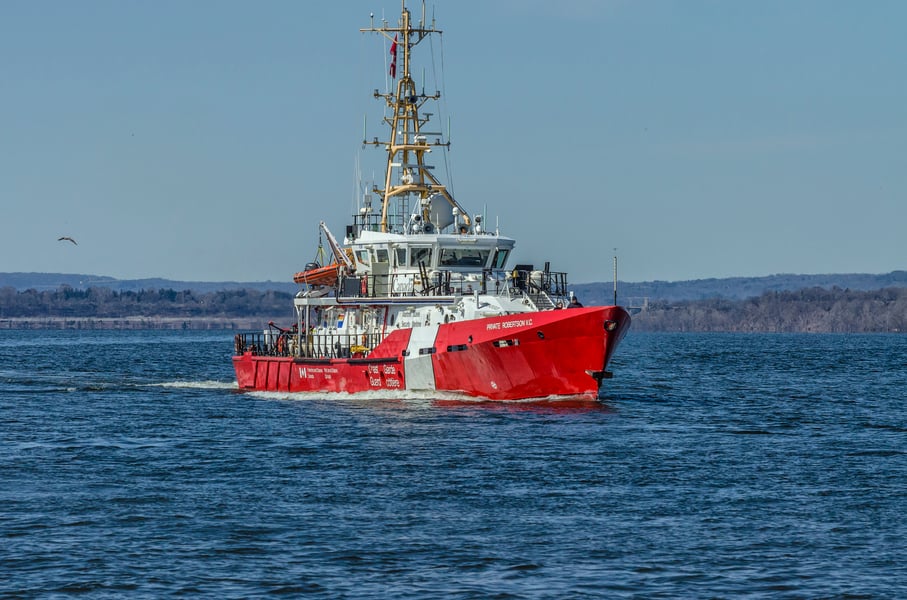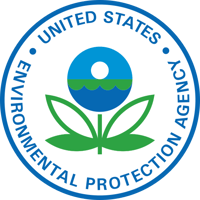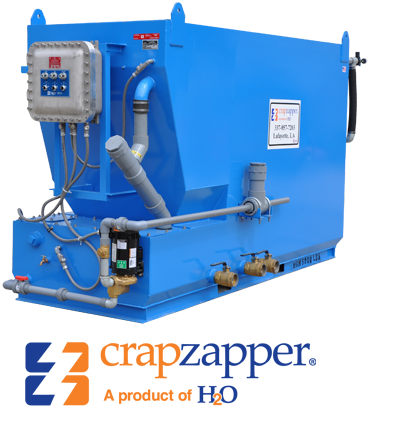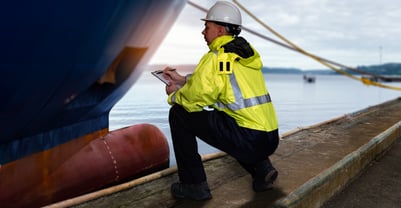
2024 BOAT SEWAGE REGULATIONS: WHAT BOAT OWNERS NEED TO KNOW
Boat owners and rig operators must adhere to strict marine sanitation regulations to ensure the environment's safety and those around them. The use of marine sanitation devices is heavily regulated, and non-compliance can result in severe consequences.
In 2024, the United States Coast Guard (USCG) will update its regulations for marine sanitation devices to align with the latest technological advancements and environmental standards. These new regulations aim to reduce the ecological impact of boating and safeguard the health of marine life.
In addition to the USCG, organizations such as the International Maritime Organization (IMO) and the Environmental Protection Agency (EPA) offer resources and information to ensure boaters can access comprehensive guidance on proper sanitation device use.
Understanding the potential consequences of not following IMO and Coast Guard regulations for boat sewage discharge is essential. According to the International Maritime Organization (IMO), improperly discharged boat sewage can cause oxygen depletion, harming marine life. It can also create visible pollution, a significant concern for coastal areas that rely on tourism.
Violating these regulations can lead to severe penalties and reduced boating privileges. For example, Section 312 of the Clean Water Act states, "The US Coast Guard penalty for a violation of the effluent discharge does not meet EPA's published standard, operators can be penalized up to $2,000 for each violation." Therefore, knowing and complying with all rules for safe and appropriate marine sanitation device use is crucial. Additionally, ensuring that your boat adheres to all sewage-related codes and standards will result in a better-performing vessel.
 As of 2024, there have been changes to the regulations surrounding marine sanitation devices (MSDs) and boat sewage discharge. The US Environmental Protection Agency Vessel Incidental Discharge Act (VIDA) has been fully implemented, which means new national standards and regulations are now in effect.
As of 2024, there have been changes to the regulations surrounding marine sanitation devices (MSDs) and boat sewage discharge. The US Environmental Protection Agency Vessel Incidental Discharge Act (VIDA) has been fully implemented, which means new national standards and regulations are now in effect.
VIDA requires EPA and the USCG to develop regulations for incidental discharges from non-recreational, non-Armed Forces vessels that are 79 feet in length and greater. The discharge standards should be "technology-based" and may be in the form of numeric effluent limits and best management practices. Before VIDA, these incidental discharges had been regulated under a Section 402 NPDES "general permit," the Vessel General Permit (VGP), which EPA issued in 2008 and reissued in 2013.
With limited exceptions, VIDA requires that the standards be at least as stringent as EPA's 2013 VGP requirements. VIDA also provides for no-discharge zones and includes features similar to, but distinct from, both Sections 312(f)(3) and (f)(4).
Under VIDA, the Clean Water Act now includes a new subsection surrounding the incidental discharge of vessels. Boat owners must have a Coast Guard-certified MSD on board, and all sewage must be treated appropriately before discharge.
A Type I or Type II MSD must treat all boat sewage within three miles from shore. Beyond three miles, all sewage needs to be stored in a holding tank or a Type III MSD. It is important to note that under VIDA, boat sewage discharge, treated or untreated, is prohibited in freshwater lakes and reservoirs, rivers that cannot be navigated by interstate vessel traffic, and no-discharge zones (NDZs).
It is also worth noting that gray water regulations have been updated under VIDA. Commercial boats must adhere to EPA guidelines to determine whether gray water can be discharged safely. For personal or recreational crafts, there are no regulations concerning gray water.
To ensure compliance with these regulations, boat owners should review the EPA "Guidance for Vessel Sewage No-Discharge Zone Applications (Clean Water Act Section 312)." Appendix B summarizes the regulations.
Overall, staying informed about boat sewage regulations is essential to help keep shared waterways safe. For a US state-by-state listing visit the EPA site here and for more information, internationally you can also visit the International Maritime Organization.
For any questions you may have regarding Coast Guard regulations and other expectations regarding your marine sanitation practices or for an assessment of how your sewage MSDs are performing, you can always turn to H2O LLC for helpful advice. Contact our team today for high-quality water treatment systems, sewage MSDs, and reliable on-site support.
 Fresh Water
Fresh Water
A Legacy of Clean

